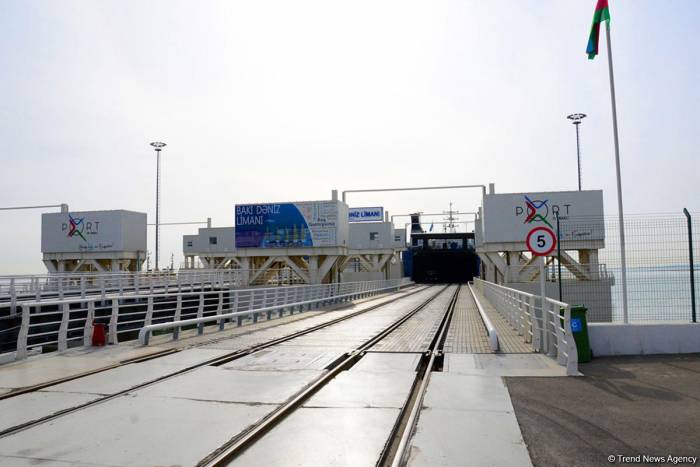“The biggest point of sale of the New Port of Baku at Alat is its geographic position, sitting at the crossroads of the central corridor of the Belt and Road, which stretches from China to Europe and includes the newly opened Baku-Tbilisi-Kars railway, and the emerging North-South Transport Corridor, which connects India with Russia via Iran,” said the article published in Forbes.
This is a region of the world that is rapidly developing and economically diversifying, and these transport corridors are acting as the framework that these transitions are being built upon, wrote the author.
Further, Shepard points out that the New Silk Road the network that's of significance-a network that's seeing diverse economies and political systems from China to Europe being put on the same page via a more or less unified initiative. “This is something that has never happened before.”
Earlier, Azerbaijan’s Economy Minister Shahin Mustafayev said that the first phase of construction of the Baku International Sea Trade Port in Alat settlement will be completed in May 2018.
Mustafayev noted that after the first phase’s completion, the port’s capacity will be 15 million tons per year.
"The port’s capacity will be increased up to 25 million tons of cargo and 500,000 containers per year at the second stage, and up to one million containers per year – at the next stage," noted the minister.
In 2017, the volume of freight traffic through the Baku International Sea Trade Port (excluding the oil terminal) rose by 31 percent and totaled 4.4 million tons as compared to 2016. About 85.7 percent of the total volume accounted for the share of transit cargo transportation.
More about:
















































